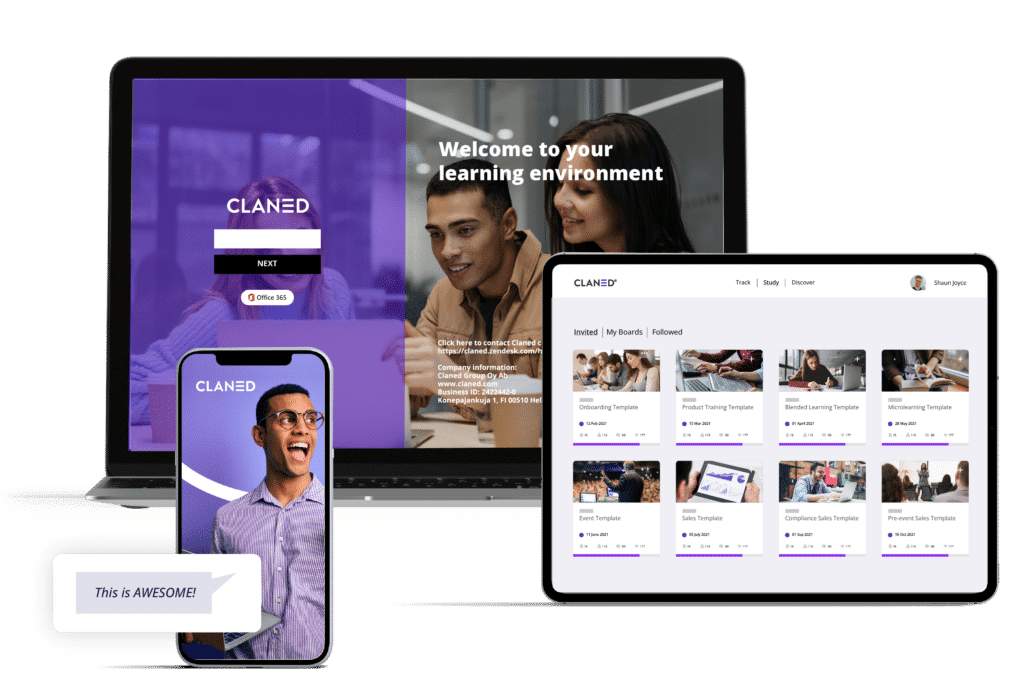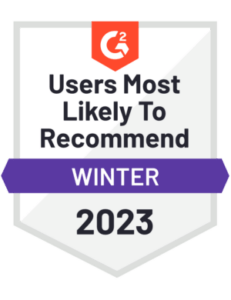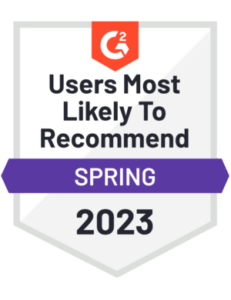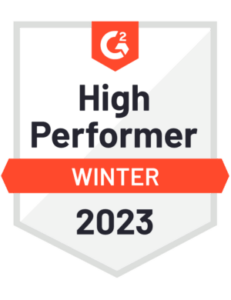One of the best things about doing what we do is getting to watch the efforts of a learning program finally come to fruition.
Back in February 2022, we covered Finn Church Aid’s (FCA) unique program to provide creative skill training to youths in disadvantaged communities. The program, which had been built in collaboration with the Claned team and on our online learning platform, was then in its initial stages.
Both the teams at FCA and here at Claned were hopeful and excited to see where the program would go next and what impact it would have on the participants.
So, how did the story turn out? Let’s find out!
Read our original post on FCA’s Creative Industries Program here.
Revisiting FCA and the Creative Industries Program
Finn Church Aid (FCA) is Finland’s largest international aid organization with ongoing projects in 14 countries, centered around education, livelihood and peace. At the heart of many of FCA’s projects is the mission to provide skill training to communities left behind by the changing landscape of workplaces.
For a long time, FCA has offered skill training for traditional industries such as agriculture, construction and clothing. But a few years ago, Ville Wacklin, Senior Program Manager at FCA and his partner Jenni Lähteenmäki decided to put their creative backgrounds to use and kicked off a skill training project of a whole different kind.

The result was the Creative Industries Program, built with the aim of offering skill training in often-overlooked creative industries.
“And when we speak about creative industries, we especially mean digital creative industries where you can, at least in theory, work from anywhere. So regardless of your physical location, you have an equal employability opportunity if the connectivity and the skills are there”, explains Ville.
But it’s not only technical skill training that the program hopes to deliver. Ville and his team want to ensure that the participants step into their new creative careers armed with the entire gamut of skills they will need along the way.
“We understand that the majority of the creative industry’s workforce are self-employed, freelancers or running their own businesses. So we also want to incorporate entrepreneurship and work-life skills into their learning”, Ville says.
A Creative Collaboration: When FCA Met Claned
The in-person Creative Industries Program was first launched in January 2020, but its progress was eventually stalled because of the pandemic. The FCA team had to quickly switch gears. And like so many organisations worldwide, they zeroed in on online learning as the program’s natural next step.
But in FCA’s case, the switch to online learning was about much more than just adapting to the circumstances. It also served a crucial purpose for the program.
“Since a large part of our focus is on digital creative industries, it was important for us to make sure that the participants have the digital skills needed to work online as well as operate and learn online”, explains Ville.
“We wanted an experience that could provide interactivity and a whole new type of online learning. Instead of just, you know, reading through PDFs and checking different boxes”, he adds.
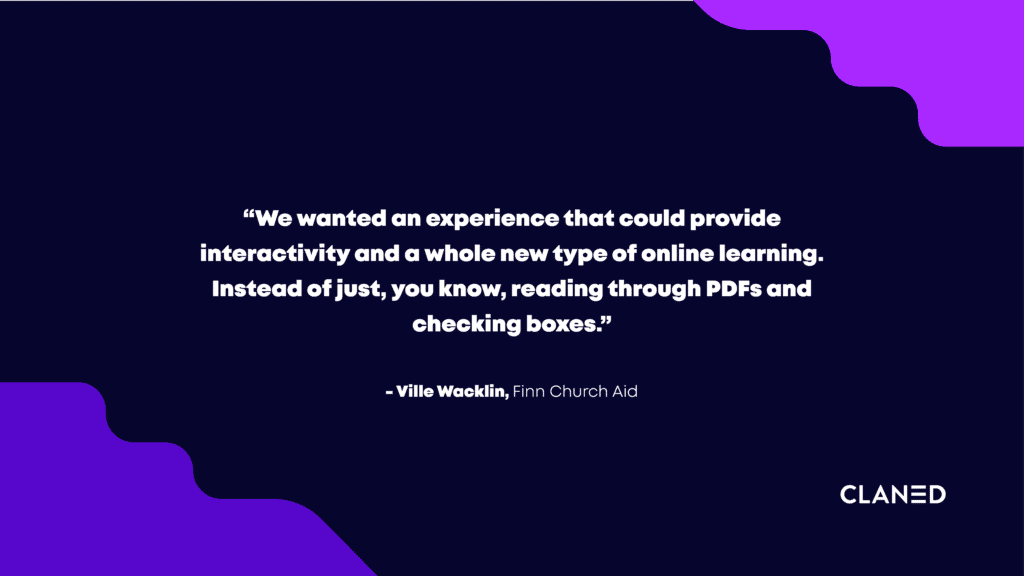
Eager to get started, Ville and his team went searching for an online learning platform that fit the bill. And that’s when Claned came into the picture!
“Part of it was the great feedback we’d heard from a number of previous clients and users. The other part was us being really interested in the whole interactive, social media type of approach Claned takes to online learning”, Ville recalls. “It seemed like the perfect idea for us to make it the platform to start building our program”.
FCA’s Creative Skill Training: The Remarkable Results
Ville and his team piloted the first Claned-integrated version of the Creative Industries Program in the fall of 2021. By February-March of this year, they had already perfected the recipe and were confident that they were on the right path.
“I think what really worked for us was having that collaboration with the learning design team from Claned’s side”, says Ville. “We matched well and our team learned a lot of things from all the learning design workshops we had with Claned. From there on, we started building the new version of the program”.
And what were the results of this new and improved digital-integrated skill training program? Ville had this to share: “What we’ve realized is that we’ve had incredible results so far. Results that have, in a most positive way, changed our plans completely”.
Learners are excited about interacting
The first thing that the FCA team noted was the sheer number of learners looking to interact with the program – and each other. The participation numbers took them completely by surprise in the best possible way.
“To give you context, with the first 50 students and during their first three weeks, we had received more than 6,000 comments, reflections, and answers to different tasks on the platform”, Ville says. “The kind of volume and intensity of the amount of engagement on the platform has been beyond anything we expected.”
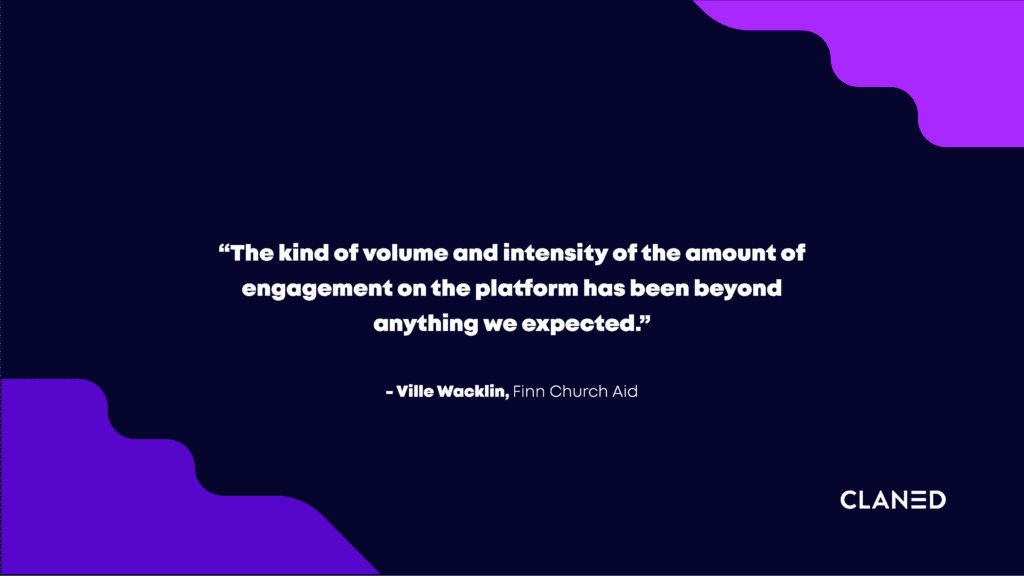
The team’s initial plan had been to monitor most of the comments and individually give feedback on each task. But, as Ville recalls with a laugh, it didn’t quite go that way.
“And that’s where we learned that it really doesn’t have to go that way either,” he says. “Because you can see how great it is that they are commenting on each other ‘s work and reflecting on tasks together as a group”.
Instead, the team changed up their strategy to offer additional support when needed, such as when specific questions were raised by the learner community or common queries had to be resolved.
Everyone gets an opportunity to participate
Seeing engagement levels of this magnitude, especially on an online learning program, made Ville reflect on his own time as an educator.
“I think it has completely changed my perspective on online learning”, he says.
“These numbers come down to over 100-120 interactions per student! Back in my teaching years, which is almost 10 years ago, there’d be a maximum of seven people in a classroom who were actively raising their hands, answering the questions or offering their opinions and reflections”.
Ville credits these high engagement levels to the fact that the online learning environment relieves or eliminates a big part of the participation pressure learners often feel in an in-person classroom.
“I’ve been able to see everyone participating. Even those who are a bit shy or like to take a bit more time to consider their answers or share their thoughts”, he explains.
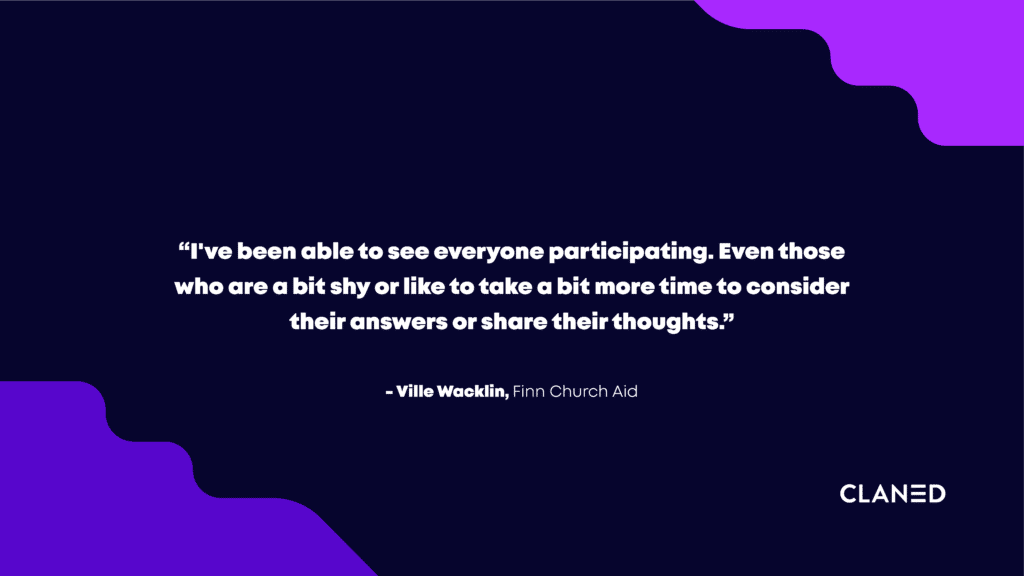
“It just feels like this is an opportunity for those people to participate and really be involved in the learning process. They can contribute to the overall group in a way that I think many of them wouldn’t do if they were forced to be in a physical space”.
And one feature of the Claned online learning experience was particularly helpful in this regard: the ability for learners to co-post comments and questions anonymously.
“The feedback we got from the learners is that this feature really helped them. If they ever felt like “oh I don’t know if I want to ask this question under my name”, having this option really helped them out.
Digital skills or not, online learning works for everyone
Another essential insight for the FCA team was that the learning was effective across the board, irrespective of whether or not the learner had had any digital skills before enrolling in the program.
“Out of those first 50 students, only four had previously studied online. So it was definitely a proof of concept for us”, Ville says.
This is an important insight, particularly in the context of the disadvantaged communities in Kenya and Uganda that the program hopes to uplift. Many of the participants hail from regions that lack the connectivity and infrastructure essential for modern work.
“But this shows that even those people who had not only never studied online but hadn’t even opened a laptop in their lives are now fluently learning on Claned. And learning a lot of things that they previously didn’t know”, says Ville.
He adds: “I just don’t know how to emphasize enough how amazing this has been for us – how positively surprised we’ve all been, and how much positive feedback we’ve gotten from the students.”
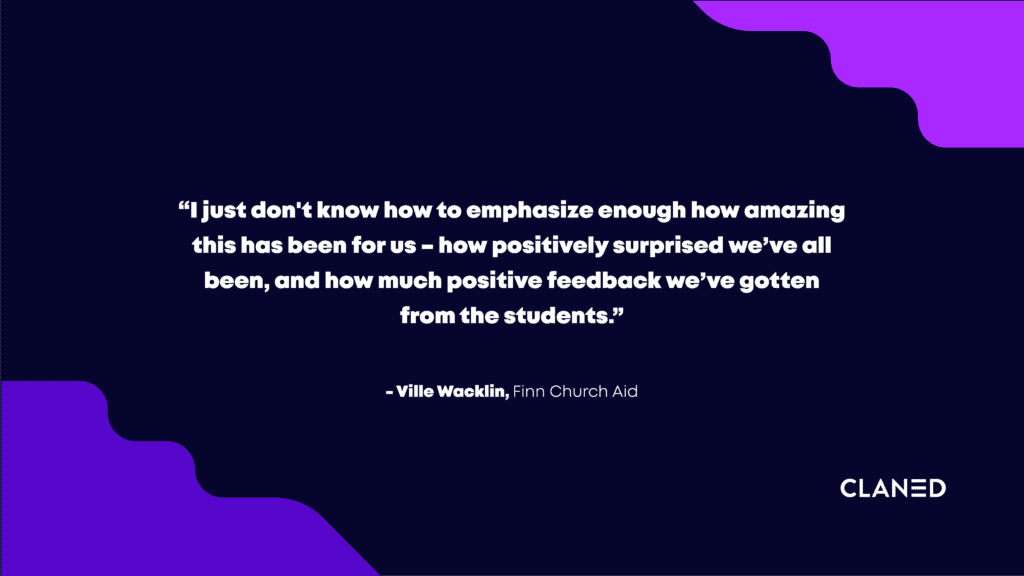
And if Ville had to credit one thing for the success on this front, what would it be? “I think what really helped learners get there was Claned’s social media type of approach to the learning platform”, he says.
Find your own balance of learning modes
Ville is candid in confessing that the entire program experience has affirmed his faith in the potential of online learning.
At the same time, he believes that instead of pitting online learning against physical learning, a more helpful approach for organisations might be to focus on finding a balance between the two that works best for their purpose.
Case in point: the Creative Industries program. Apart from the online-based learning experience, the program also has an assistant trainer physically on the spot in the classroom. The trainer helps the learners with their devices, and works closely with them, fostering helpful group dynamics and encouraging participants along.
In Ville’s words: “I think it’s not a question of either-or, that is physical or online. I think people tend to look at these things in a really black and white way”.
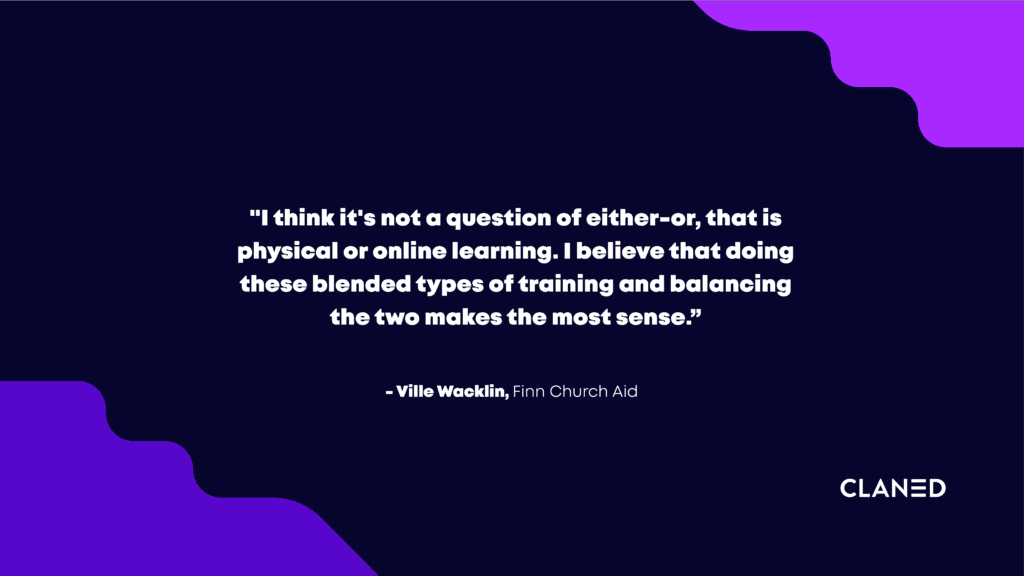
“Like, it’s either “everything has to happen online from now on”, or the people on the other side of the fence shouting that “physical learning is the only way to go”, Ville says with a chuckle. “Personally, I think that’s just lazy thinking. I believe that doing these blended types of training and balancing the two makes the most sense”.
What the Future Holds
As of today, the Creative Industries Program is running three different projects. One in Uganda offers skill training in photo and video production. Meanwhile, two other projects in Kenya focus on web design, graphic design, game design, animation, and video editing.
Things are definitely looking up for this one-of-a-kind skill training program.
“All in all, there have been more than 200 participants already. Next year, we’ll be at more than 300”, Ville says. “So we are definitely growing and scaling”.
So now that Ville and his team at FCA have gathered these insights into online learning with Claned, what does the future hold?
“We are actually looking at different opportunities on how to integrate Claned into the actual technical training as well”, Ville says.
He adds, “It’d be great to integrate some of our learnings and maybe find ways to do better monitoring, measure impact and more. So that’s what we’re looking at – a lot of different ways to improve on and scale what we can do with Claned”.
We are grateful to Finn Church Aid and the Creative Industries Program for the opportunity to make a difference – and watch the potential of online learning unfold for hundreds of participants.
Going by how much fun this experience was for everyone involved, we look forward to seeing what our two teams cook up together next!
Looking for an expert partner for your own online training program?
Click here to learn more about Claned.
Or, say hello at sales@claned.com!


